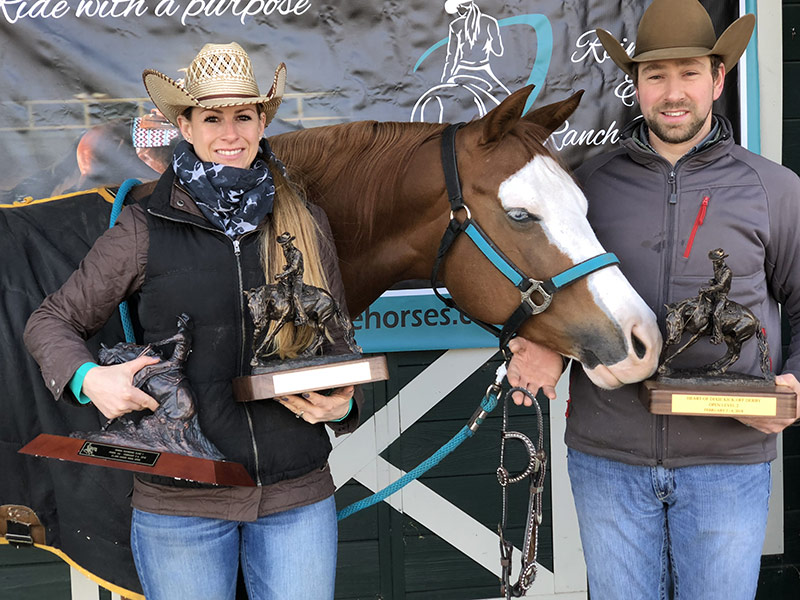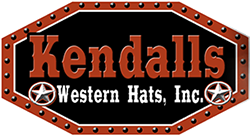Coaching
I am passionate about reining and ranch riding and I have studied and developed a method to build up each of my clients to become a better rider and showman. I want to help you understand how your horse thinks and how he reacts to your cues and body movements. Horses can feel a fly on its shoulder and react because they know if they flinch the fly will go away. Horses learn by pressure and the release of the pressure. For example, if you teach a foal to lead with a halter and lead rope you will apply pressure on the rope until the foal takes a step forward and then you release the pressure. Your foal will soon associate the release as the easiest way out of bearing the pressure of the rope. If you fairly reward the foal with release of pressure, your foal will soon happily follow you around with the lightest contact on the lead rope. You have taught the foal that taking that step forward is rewarded by release of pressure. This is exactly the same philosophy that applies to riding a horse. When riding, the pressure comes from our legs and through the reins to the bit. Horses are smart animals in some respects and not so smart in other ways but it is important to understand that horses do not do anything deliberately but they do seek the easiest way out or away from pressure. It is how their brain works. My horse training philosophy is the belief that a rider should apply pressure when a horse is doing the “wrong” thing and relieve all pressure when it is doing the “right” thing and is exhibiting a positive mind set.
Come ride with Us!

- Owners: Russell Flint and Josiane Gauthier
- Head Trainer: Josiane Gauthier
- Assistant Trainer: Cedric Guerreiro
- Assistant Trainer: Anne Sophie Guerreiro
- Assistant Trainer: Alicia Bertozzi
- Eques Academy Head Coach - Brody Hickman
- Farrier: Dwight Sanders
- Veterinarians: Dr. Brian Garrett, Dr. Karen Bullock







